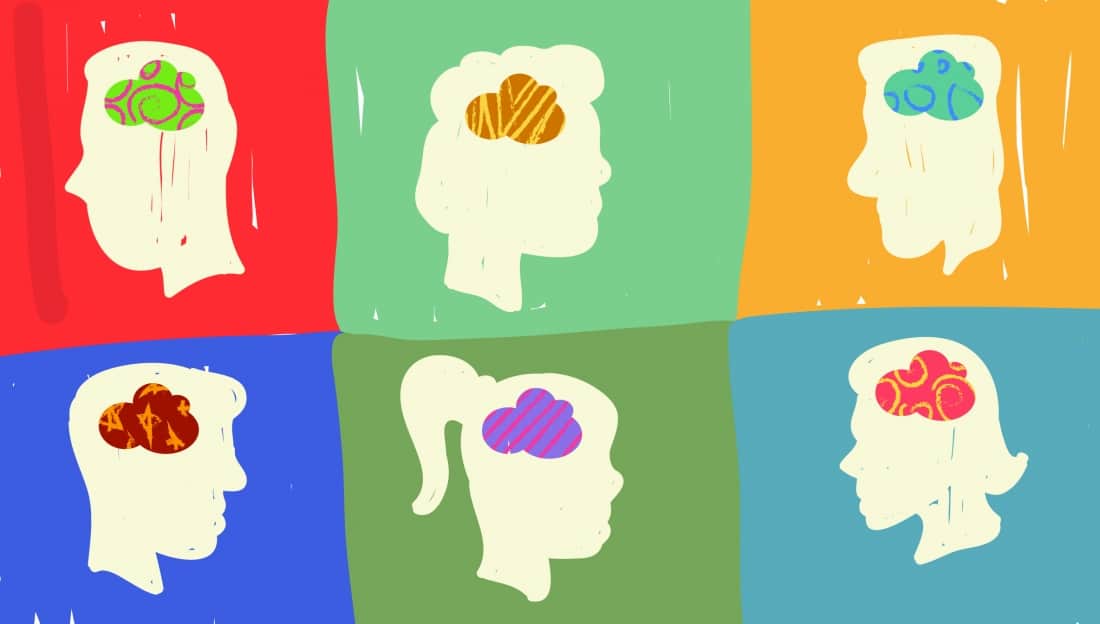At this time of the year, many students turn to personality tests for some necessary procrastinating. While we will always have Buzzfeed quizzes, few of their tests are as popular as the Myers-Briggs Type Indicator.
The MBTI was created in 1944 by mother-daughter team Katherine Cook Briggs and Isabel Briggs Myers, based on the work of Carl Jung. Originally, the test was designed to help women know their personal preferences better, as this would help them determine which war-time jobs were best suited for them. The tool sought to identify an individual’s basic inclinations towards four dichotomous indicators, resulting in one of 16 personality types.
Building off the work of Myers, Briggs and Jung, the wildly popular 16personalities.com provides another iteration of the Myers-Briggs personality test — this time with five personality aspects: mind, energy, nature, tactics and identity. What’s more, they provide a great deal of information to help contextualize your type.
For example, I’m an INTJ-T, which the 16 Personality quiz dubs “The Architect.” This means that my mind aspect is more introverted than extraverted, my energy is more intuitive than observant, my nature is more thinking than feeling, my tactics are more judging than prospecting and my identity is more turbulent than assertive. My results were spot on, painting me as both a starry-eyed idealist and a bitter cynic.
Though fun to take, many people might not know the limits of MBTI-related tests. So, I emailed Tracey Carr — a lecturer on personality psychology at St. Thomas More College — to learn more about MBTI-based quizzes, like 16personalities.com.
First off, Carr usually recommends that students take MBTI tests, if they have access to them, but that they shouldn’t believe their results wholeheartedly.
“It is likely somewhat helpful to know your preferences for the [four MBTI dichotomies] if you don’t know already,” Carr said. “In some ways, it’s more helpful to know your friends’ and family’s preferences. I’m not sure I’d tell them to base important life decisions on their MBTI type.”
Though the MBTI has a dwindling presence in contemporary research psychology, Carr notes that it’s still prevalent within the workplace and in popular media. Carr attributes the MBTI’s success to its assimilation into popular culture.
“[The MBTI] has been popularized by [its] application to everything from Star Wars characters to the Minions,” Carr said. “In other words, most psychological tests do not enter the mainstream in such a significant fashion. It’s either enjoyed mass promotion or has some appeal on a personal level — or both.”
It’s easy to find the MBTI type of just about anyone by doing a quick web search. Even fictional characters from various TV series, books and movies have been given MBTI scores. For example, Hannibal Lecter from The Silence of the Lambs, Tywin Lannister from Game of Thrones and Professor James Moriarty from Sherlock Holmes are fictional INTJs.

Despite the test’s versatile usage, Carr asserts that the MBTI does have some serious limitations.
“Can it predict what an ENFJ or ISTP will do in a given situation? Likely not. It also tends to provide more sugar-coated portraits of each personality type in a similar way [to how] horoscopes might,” Carr said. “A complete personality assessment would provide someone with a full picture of their personality — from virtue to vice.”
If you haven’t already done so, consider taking an MBTI-like test. Not only are these quizzes a load of fun, tests like 16personalities.com are free! What’s more, you may find yourself surprised by the results. At the end of the day, it’s entirely up to you to decide if the results hold any significance in your life or not. Give it a go, and find out your Myers-Briggs type!
—
Cleo Nguyen
Graphic: Lesia Karalash / Graphics Editor